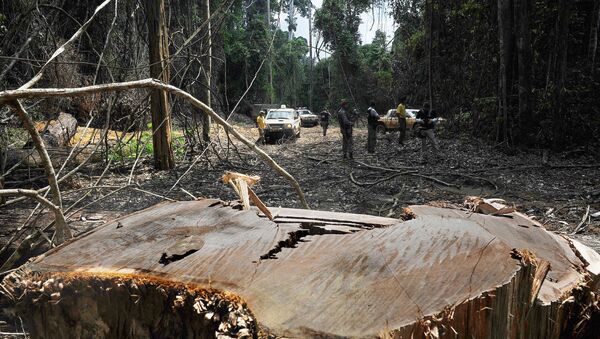The measurements are based on open data sources from all over the globe, such as various UN statistics, which reveal the scale of fishing, timber stockpiling, arable land usage and grazing. The negative factors being calculated are firstly carbon emissions, then soil erosion, deforestation, the deficiency of water resources and greenhouse gases. The core of the method lies in comparing the volume of resources consumed to Earth's biocapability, or ability to regenerate.
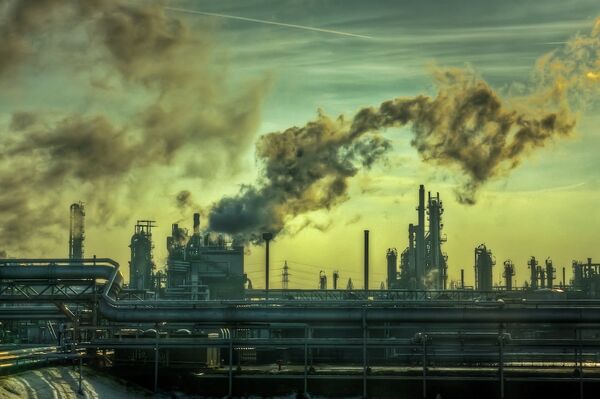
The current numbers presented at the Earth Overshoot Day website provide evidence that our planet consumes the resources of 1.6 Earths.
Now, the USA alone requires twice as many resources annually as it is able to regenerate, while Europe's most powerful economy, Germany, needs 2.1 Germanys to cover its population’s demands. By 2030 the global figure is expected to reach 3 planets if carbon emissions are not reigned in, GFN calculations suggest.
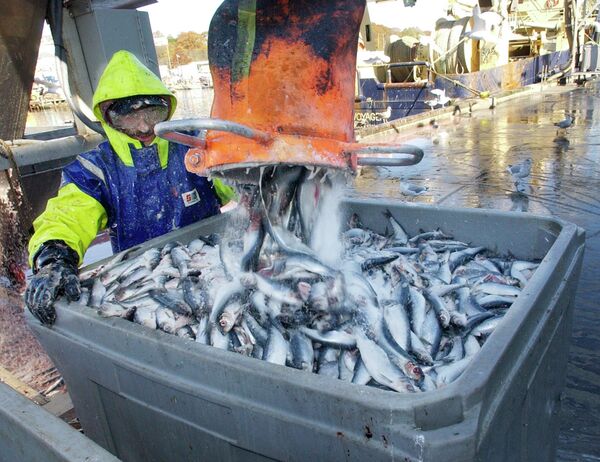
“Humanity’s carbon footprint alone more than doubled since the early 1970s, which is when the world went into ecological overshoot. It remains the fastest growing component of the widening gap between the Ecological Footprint and the planet’s biocapacity,” said GFN’s President Mathis Wackernagel.
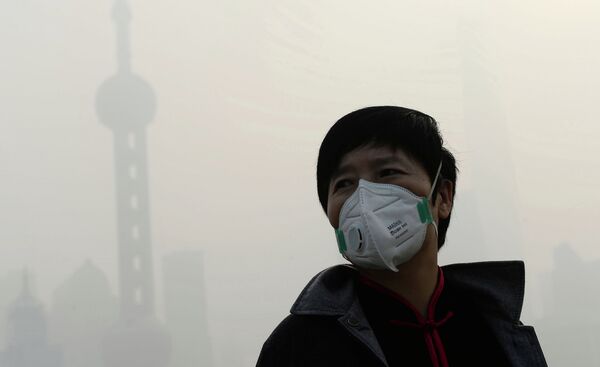
According to an earlier World Wildlife Fund for Nature (WWF) and GFN report, populations of mammals, birds, reptiles, amphibians and fish on our planet have declined by 52 percent for the same period.
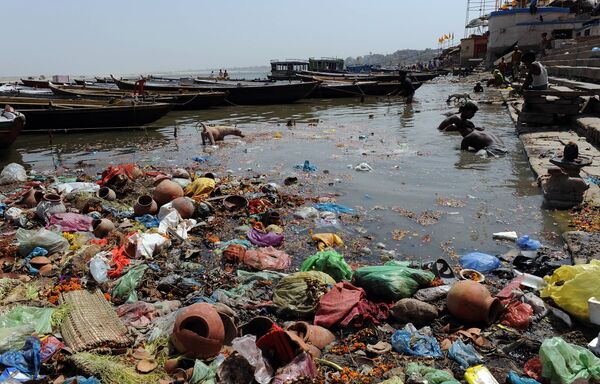
Russia is the only economy among the world’s largest where renewable natural resource reserves are growing, however the country must assure the clever management of its ecological capital to maintain its favorable position, another GFN and WWF Russia report published last year revealed.
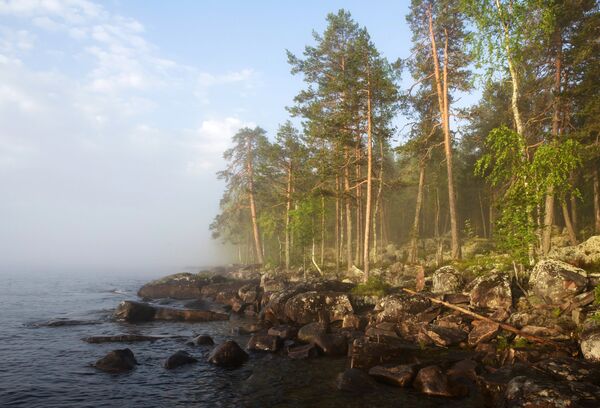
“This way, [Russia] is one of the few countries that can assure stable biocapacity reserves for years ahead if natural resources are used wisely. If Russia wants to remain one of the world’s economic leaders and consolidate its citizens' welfare, then it should take steps to conserve its resources, mineral and biological, and also invest in science, education, culture, and technological development it order to create a knowledge economy and reduce the pressure on ecosystems,” the report read.
The marking of the annual turn to an “ecological deficit”, according to GFN, is aimed at raising awareness of a need to combat ecological changes on the planet and to take a responsible approach to the use of resources. This year, the day is specifically bound to a UN-hosted December conference on global warming.
